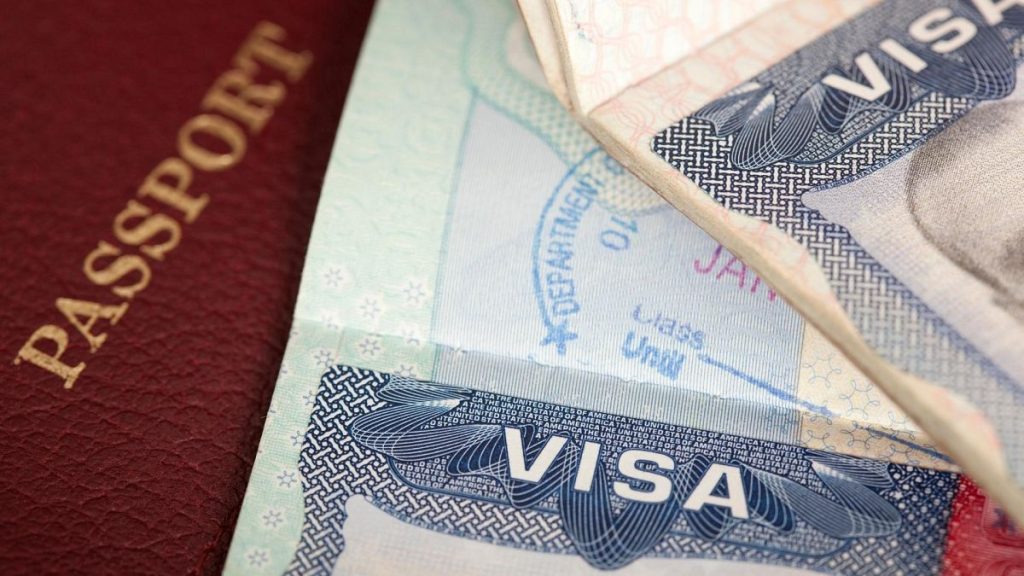Golden visas offer wealthy individuals the opportunity to purchase residency in another country through investments or donations. This has become increasingly popular in the EU as people seek to move away from political uncertainty such as Brexit. However, with concerns about the security risks posed by these schemes, many European countries are phasing out their golden visa programs. In recent years, Portugal, the Netherlands, Spain, the UK, and Ireland have all scrapped their golden visa schemes due to various reasons, including reducing property speculation and clamping down on dirty money from Russia.
The European Commission has called on EU countries to stop selling citizenship to investors due to concerns about security risks and the potential for money laundering, tax evasion, and corruption. The Commission has urged countries like Albania and Vanuatu to suspend their plans for golden passport schemes that could pose a threat to the EU’s values. With only a few countries in the EU still offering golden passports, such as Malta, the backlash against these schemes is evident as the EU aims to crack down on these multi-billion euro industries that could compromise security and transparency.
Spain recently announced plans to scrap the real estate route for its golden visa program to reduce pressure on the housing market. This decision by the Socialist government is part of an effort to make housing a basic right rather than a speculative business. Hungary, on the other hand, is reintroducing its golden visa scheme, offering three routes to residency through real estate investment, purchasing residential property, or donating to a higher educational institution. Italy and Greece are also popular destinations for golden visas, with minimum investment amounts starting at €500,000 and €250,000 respectively.
Greece recently increased the minimum investment threshold for its golden visa program from €250,000 to €500,000 in certain regions to make real estate more affordable for locals. This move aims to balance the benefits of attracting foreign investment with the need to protect the interests of the local population. Greece offers one of the quickest processes for gaining residency, with golden visa holders not required to stay in the country to maintain their visas. Despite the concerns raised by the EU about security risks and transparency, golden visas remain a sought-after option for wealthy individuals looking to gain residency and citizenship in Europe.
As countries across the EU continue to phase out their golden visa programs, concerns about security risks, money laundering, and corruption associated with these schemes are at the forefront. The backlash against these programs highlights the need to strike a balance between attracting foreign investment and protecting the interests of the local population. With only a few countries still offering golden passports in the EU, the EU’s call to halt the sale of citizenship to investors reflects a broader effort to uphold the core values of the European Union. As the debate over golden visas continues, countries will need to navigate the complexities of these schemes to address the challenges they pose in the changing landscape of residency and citizenship programs in Europe.









